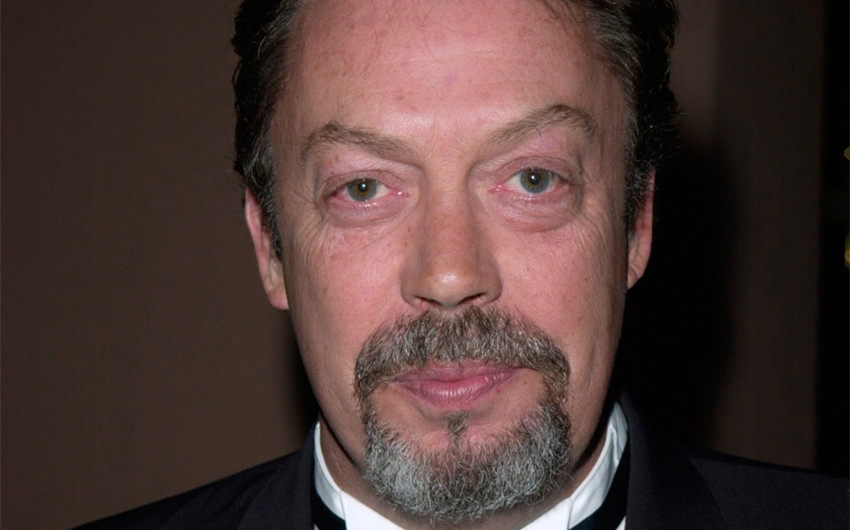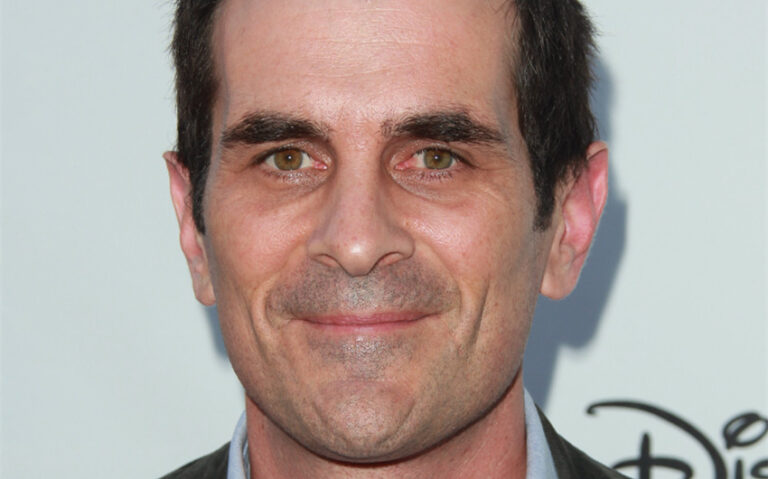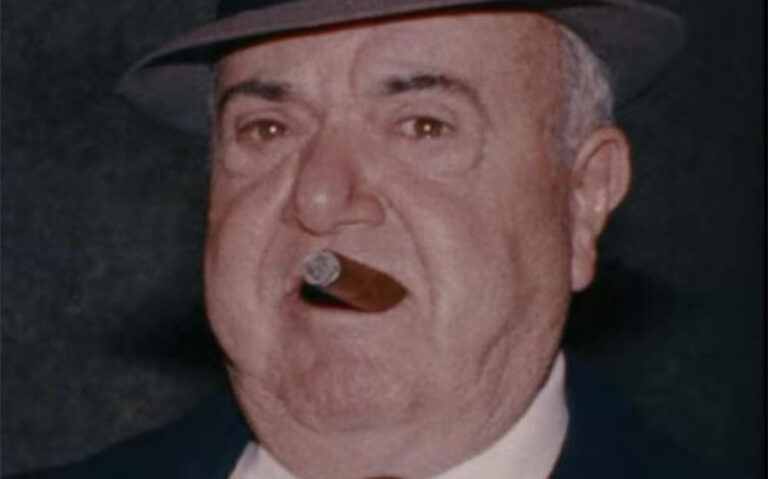Tim Curry: Is He Gay? Exploring Rumors, Silence, and the Right to Privacy
Tim Curry—is he gay? It’s a question that has surfaced repeatedly over the decades, often fueled by his groundbreaking performance in The Rocky Horror Picture Show and his flair for playing larger-than-life characters. But despite the years of speculation, Tim Curry has never publicly identified his sexual orientation. His private life remains just that—private.
And while curiosity about celebrities is normal, it’s equally important to recognize when questions move from genuine interest into invasive territory. If you’re wondering about Curry’s sexuality, you’re not alone—but understanding why this question arises, and why he may choose not to answer it, tells a much bigger story.
Who Is Tim Curry?
Before diving into the speculation, it’s essential to appreciate who Tim Curry is and what he’s contributed to the world of entertainment. Born in 1946 in Cheshire, England, Tim Curry trained as a classical actor and singer before bursting into global fame in the 1970s. His early work in London’s theater scene quickly established him as a performer with immense range, charisma, and presence.
His breakout role came in 1975 when he starred as Dr. Frank-N-Furter in The Rocky Horror Picture Show, a cult musical that challenged gender norms and celebrated sexual freedom. Curry’s fearless portrayal of a self-described “sweet transvestite from Transsexual, Transylvania” became an icon of queer cinema, praised for both its audacity and sincerity.
Following that, Curry built a long and diverse career that includes memorable roles in Clue (as the fast-talking butler Wadsworth), Legend (as the demonic Lord of Darkness), It (as the terrifying Pennywise the Clown), and dozens of stage productions and voice acting roles. His ability to oscillate between comedy, horror, drama, and camp has made him a beloved figure across multiple generations.
But despite his fame and the intimacy fans feel with his characters, Curry has always maintained a personal boundary when it comes to his private life.
Why People Ask: Public Speculation and Cultural Impact
The question “Tim Curry—is he gay?” didn’t appear out of thin air. Much of the curiosity stems from his role in The Rocky Horror Picture Show, a film that exploded traditional ideas about sexuality and gender presentation. Curry’s performance was bold, unapologetic, and infused with a fluid sensuality that resonated with many in the LGBTQ+ community—and made some viewers curious about the actor himself.
Throughout his career, Curry has gravitated toward flamboyant, theatrical, and sometimes queer-coded characters. That, combined with his impeccable timing, camp sensibility, and expressive performances, has led many fans to assume that his real-life identity must reflect the roles he plays.
However, equating an actor’s on-screen characters with their personal life is a common but misleading tendency. Just because Curry played Frank-N-Furter doesn’t mean he identifies with the character in every way. He is, first and foremost, a trained actor capable of embodying a wide range of roles. Yet in a media culture that often blurs the lines between performance and personhood, audiences frequently draw conclusions without real evidence.
It’s also important to acknowledge the cultural context. For much of Curry’s career, speculation about a public figure’s sexuality—especially if they were perceived as being outside conventional norms—was both common and often rooted in prejudice. The line between admiration and projection can be thin, and even well-meaning fans can cross it.
What Tim Curry Has Said (or Not Said)
Unlike many celebrities today, Tim Curry has never made his personal life a focal point of his public persona. He doesn’t frequently give interviews, especially since suffering a major stroke in 2012, and he has rarely addressed questions about his private relationships. That silence has sometimes been taken as “proof” of something hidden—but in reality, it’s simply the choice of a man who values discretion.
Curry has never publicly confirmed or denied any rumors about his sexuality. And that’s his right. There’s no rule that says an actor or artist must disclose intimate details about their identity to satisfy public curiosity. Some people may feel disappointed by the lack of a definitive answer, but others see Curry’s silence as a form of dignity—a refusal to be reduced to a headline or a category.
His lack of public commentary may also reflect the time period in which he came of age as a performer. In the 1970s and 1980s, being openly gay could harm a career in ways that are harder to imagine now, especially for actors in leading or high-profile roles. Whether or not Curry’s decision to stay quiet was strategic, protective, or simply personal, it’s one that deserves to be respected.
It’s also worth noting that Curry’s performances and public statements have consistently supported inclusion, self-expression, and individuality. He may not be an outspoken activist, but his roles—especially Frank-N-Furter—have done more for queer visibility than a thousand press releases. His impact is felt in the freedom his performances have given others to embrace themselves.






